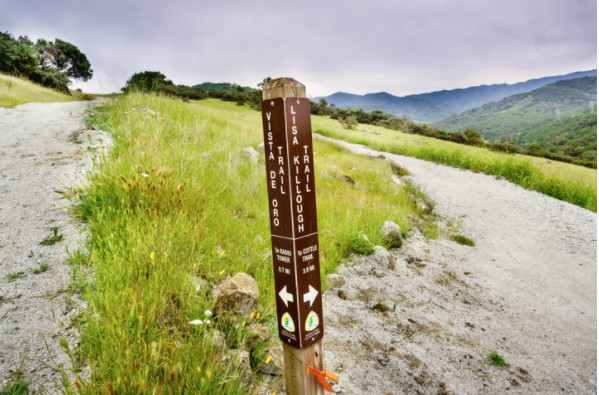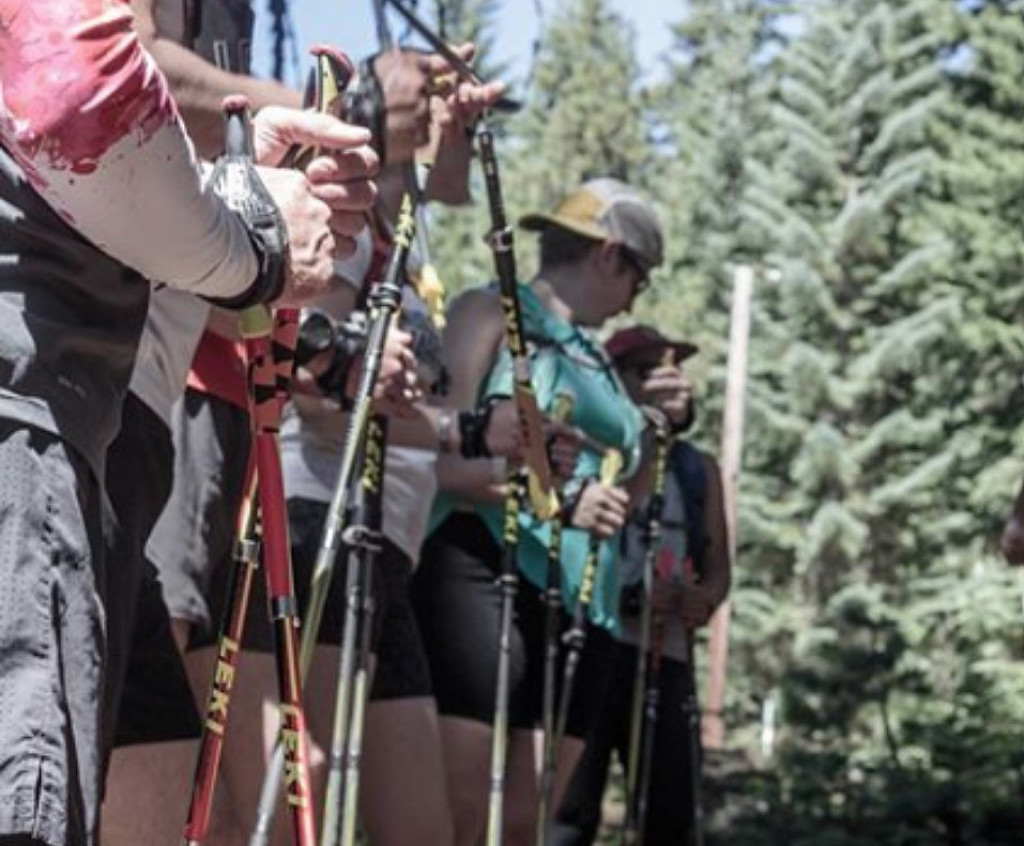Running News Daily
Running News Daily is edited by Bob Anderson. Send your news items to bob@mybestruns.com Advertising opportunities available. Train the Kenyan Way at KATA Kenya and Portugal owned and operated by Bob Anderson. Be sure to catch our movie A Long Run the movie KATA Running Camps and KATA Potato Farms - 31 now open in Kenya! https://kata.ke/
Index to Daily Posts · Sign Up For Updates · Run The World Feed
Do poles make ultra trail running more difficult?
Using poles can increase cardiovascular output
Many trail users have seen fellow exercisers running, walking and hiking with poles. Beyond recreational use, these poles can be seen at major ultra-endurance events like UTMB or the Hardrock 100. Poles are much lighter and more affordable than they used to be, and they’re becoming more prevalent in the trail and hiking communities. While pole usage is truly up to the runner, there’s some research that suggests they could make you work harder – which is fine during training, but not ideal on race day.

Note: some races don’t allow poles, so double check before making them part of your race plan.
Who should use poles?
A 2020 literature review found that hikers who used poles had an increase in cardiovascular output, but a lower rate of perceived exertion. A runner’s rate of perceived exertion is basically a subjective indicator of how hard they feel they’re working at any given time. This makes sense, as the poles incorporate a person’s upper body more than their natural arm carriage would. If you’re looking for a better whole-body workout, poles seem to be an asset. However, if you’re looking to use as little energy as possible, the poles could be making you work harder to travel the same distance.
Even better news for those looking for a good overall workout (as opposed to a race victory) is that using poles made the subject’s effort feel easier. In a 60-minute uphill trek, pole users saw a significant decrease in their RPE, however, in the downhill trail they saw no difference. So for runners looking to work harder while feeling like their exercise is easier (which is basically everyone’s dream), poles are a great idea. However, if the goal of the day is to win a race, leave the poles at home.
Other considerations
While the research suggests that using poles is more taxing on your cardiovascular system, trail racers should consider the balance assistance that poles can provide. In a study looking at pole usage and balance, it was found that poles improved runners’ stability. While more research needs to be done on long-term pole usage, occasional use seems to help performance.
If you’re considering a particularly gnarly trail race, poles might be to your advantage. For example, in the Hardrock 100, most runners uses poles throughout the race. However, if your race has mostly fairly predictable footing, you can probably go without.
by Running Magazine
Login to leave a comment




